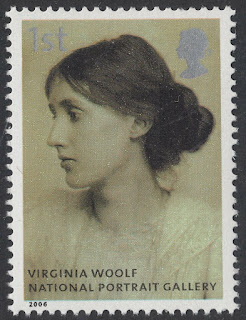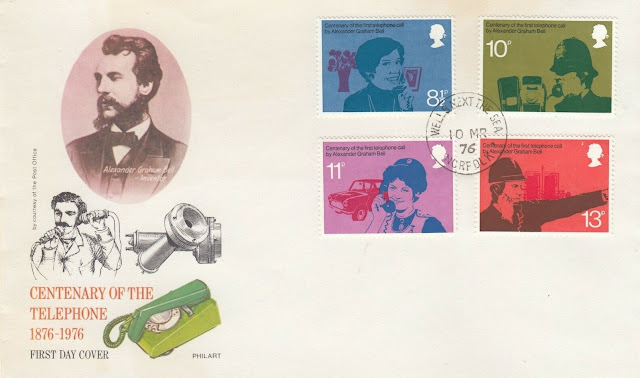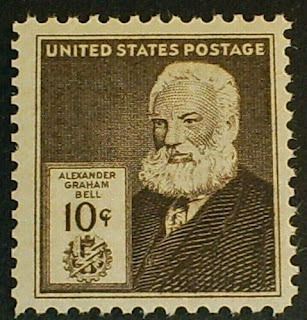Here are some events that happened on January 25th. It could be an event or a person that died or was born on that day
1882 Born: Virginia Woolf, English novelist, essayist, short story writer, and critic (d. 1941)
Adeline Virginia Woolf (25 January 1882 – 28 March 1941) was an English writer, considered one of the more important modernist 20th century authors and also a pioneer in the use of stream of consciousness as a narrative device.
Woolf was born into an affluent household in South Kensington, London, the seventh child in a blended family of eight which included the modernist painter Vanessa Bell. Her mother was Julia Prinsep Jackson and her father Leslie Stephen. While the boys in the family received college educations, the girls were home-schooled in English classics and Victorian literature. An important influence in Virginia Woolf's early life was the summer home the family used in St Ives, Cornwall, where, in the late 1890s, she first saw the Godrevy Lighthouse, which was to become central to her novel To the Lighthouse (1927).
Woolf's childhood came to an abrupt end in 1895 with the death of her mother and her first mental breakdown, followed two years later by the death of her half-sister and a mother figure to her, Stella Duckworth. From 1897 to 1901, she attended the Ladies' Department of King's College London, where she studied classics and history and came into contact with early reformers of women's higher education and the women's rights movement. Other important influences were her Cambridge-educated brothers and unfettered access to her father's vast library.
Encouraged by her father, Woolf began writing professionally in 1900. Her father's death in 1904 caused Woolf to have another mental breakdown. Following his death, the Stephen family moved from Kensington to the more bohemian Bloomsbury, where they adopted a free-spirited lifestyle. It was in Bloomsbury where, in conjunction with the brothers' intellectual friends, they formed the artistic and literary Bloomsbury Group.
In 1912, she married Leonard Woolf, and in 1917 the couple founded the Hogarth Press, which published much of her work. They rented a home in Sussex and moved there permanently in 1940. Throughout her life, Woolf was troubled by her mental illness. She was institutionalised several times and attempted suicide at least twice. Her illness may have been bipolar disorder, for which there was no effective intervention during her lifetime. In 1941, at age 59, Woolf died by drowning herself in the River Ouse at Lewes.
During the interwar period, Woolf was an important part of London's literary and artistic society. In 1915 she published her first novel, The Voyage Out, through her half-brother's publishing house, Gerald Duckworth and Company. Her best-known works include the novels Mrs Dalloway (1925), To the Lighthouse (1927), and Orlando (1928). She is also known for her essays, including A Room of One's Own (1929), in which she wrote the much-quoted dictum, "A woman must have money and a room of her own if she is to write fiction."
Woolf became one of the central subjects of the 1970s movement of feminist criticism and her works have since garnered much attention and widespread commentary for "inspiring feminism". Her works have been translated into more than 50 languages. A large body of literature is dedicated to her life and work, and she has been the subject of plays, novels, and films. Woolf is commemorated today by statues, societies dedicated to her work and a building at the University of London.
Stamp from Great Britain depicting Virginia Woolf
1915 – Alexander Graham Bell inaugurates U.S. transcontinental telephone service, speaking from New York to Thomas Watson in San Francisco.
Alexander Graham Bell (March 3, 1847 – August 2, 1922) was a Scottish-born American inventor, scientist, and engineer who is credited with inventing and patenting the first practical telephone. He also co-founded the American Telephone and Telegraph Company (AT&T) in 1885.
Bell's father, grandfather, and brother had all been associated with work on elocution and speech and both his mother and wife were deaf, profoundly influencing Bell's life's work. His research on hearing and speech further led him to experiment with hearing devices which eventually culminated in Bell being awarded the first U.S. patent for the telephone, on March 7, 1876. Bell considered his invention an intrusion on his real work as a scientist and refused to have a telephone in his study.
Many other inventions marked Bell's later life, including groundbreaking work in optical telecommunications, hydrofoils, and aeronautics. Although Bell was not one of the 33 founders of the National Geographic Society, he had a strong influence on the magazine while serving as the second president from January 7, 1898, until 1903.
Beyond his scientific work, Bell was an advocate of compulsory sterilization, and served as chairman or president of several eugenics organizations.
Stamps from the United States and Great Britain depicting Alexander Graham Bell
1918 – The Ukrainian People's Republic declares independence from Soviet Russia.
The Ukrainian People's Republic (UPR), or Ukrainian National Republic (UNR), was declared in Ukraine following the February Revolution in Russia. It initially formed part of the Russian Republic, and proclaimed its independence from the Russian Soviet Republic on 25 January 1918. During its short existence the republic went through several political transformations - from the socialist-leaning republic headed by the Central Council with its general secretariat to the national republic led by the Directorate and by Symon Petliura. Between April and December 1918 the Ukrainian People's Republic did not function, having been overthrown by the pro-German Ukrainian State of Pavlo Skoropadsky, who proclaimed himself Hetman. From late 1919 the UNR operated as an ally of the Second Polish Republic, but by then the state de facto no longer existed in Ukraine. The 18 March 1921 Treaty of Riga between the Second Polish Republic, Soviet Russia (acting also on behalf of Soviet Belarus) and of Soviet Ukraine sealed the fate of the Ukrainian People's Republic.
After the October Revolution, many governments formed in Ukraine – most notably the Ukrainian People's Republic of Soviets (1917–1918, based in Kharkiv) and its Soviet successors. This force, along with the Ukrainian Republic (based in Kyiv), plus the White Movement, Poland, Green armies and the Anarchists, fought constantly with each other, which resulted in many casualties among Ukrainians fighting in a 1917–21 Ukrainian Civil War as part of the wider Russian Civil War of 1917–23. The Bolsheviks would (after the 1921 Treaty of Riga) extend control over what would ultimately become the Ukrainian Soviet Socialist Republic and (in 1922) a founding member of the Soviet Union.
The first stamps issued by Ukraine in 1918




No comments:
Post a Comment